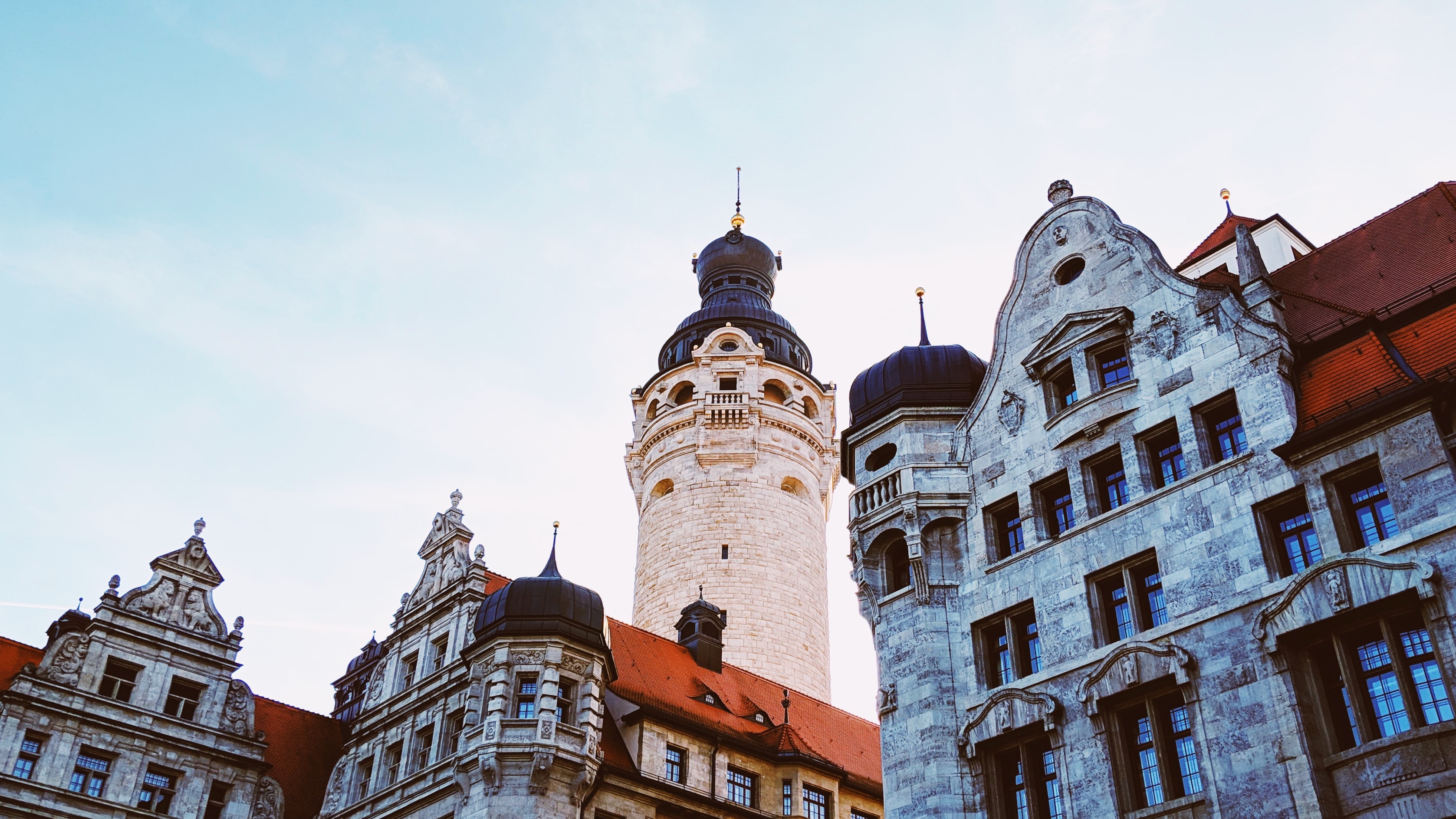Contact
ELSE-FRENKEL-BRUNSWIK-INSTITUTE for Democracy Research in Saxony
Universität Leipzig
Ritterstraße 26
04109 LEIPZIG
POSTFACH-NR.: 348003
- Research
- Projects
- Documentation
- Counseling

Projects at the Else Frenkel Brunswik Institute
Here you can find an overview of the research projects at the Else Frenkel-Brunswik Institute.
Political Protest in Upper Lusatia
The research project “Political Protest in Upper Lusatia” deals with various forms of civil society and political protest in regions of Saxony, focusing on Saxon Upper Lusatia.
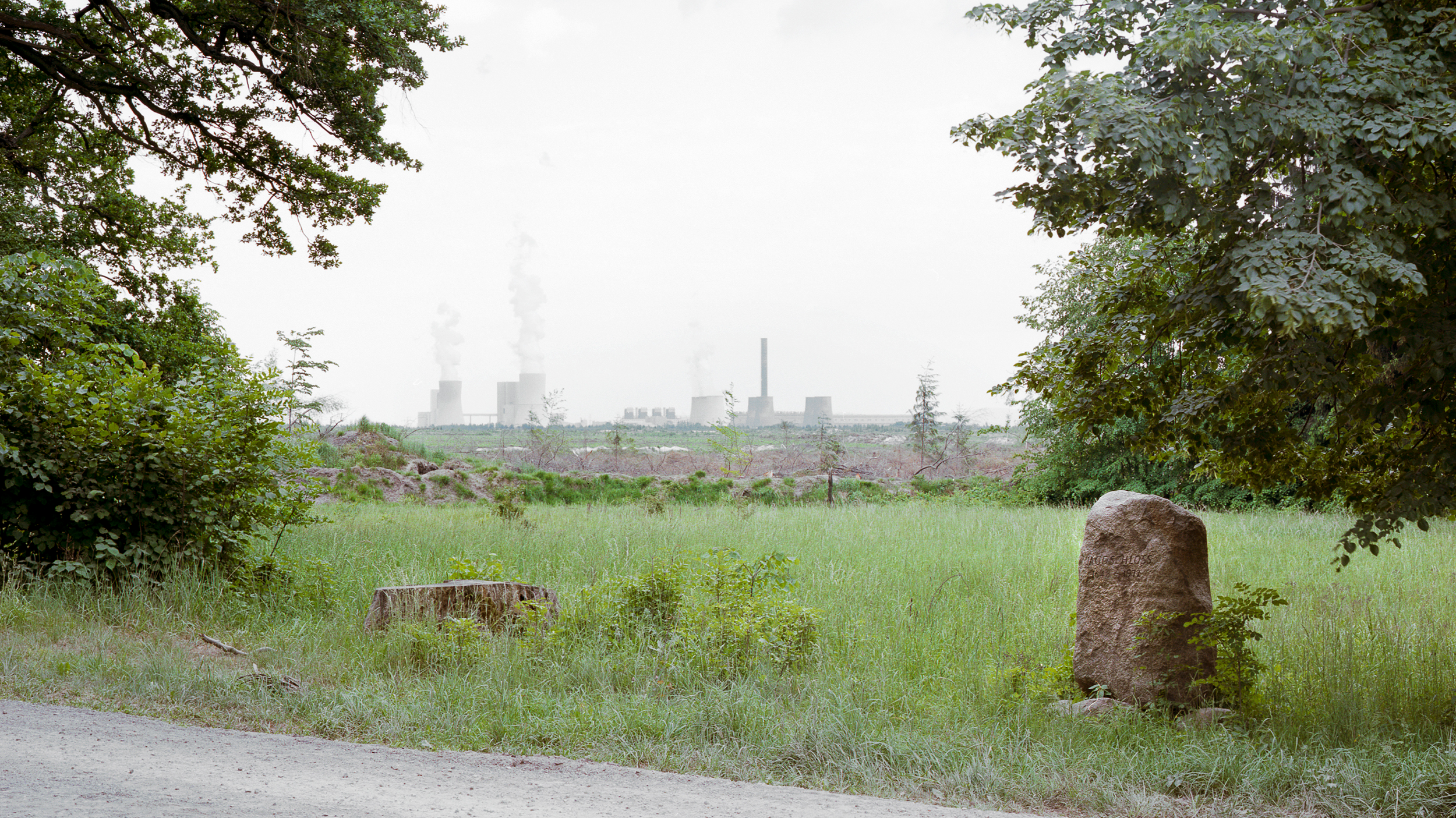
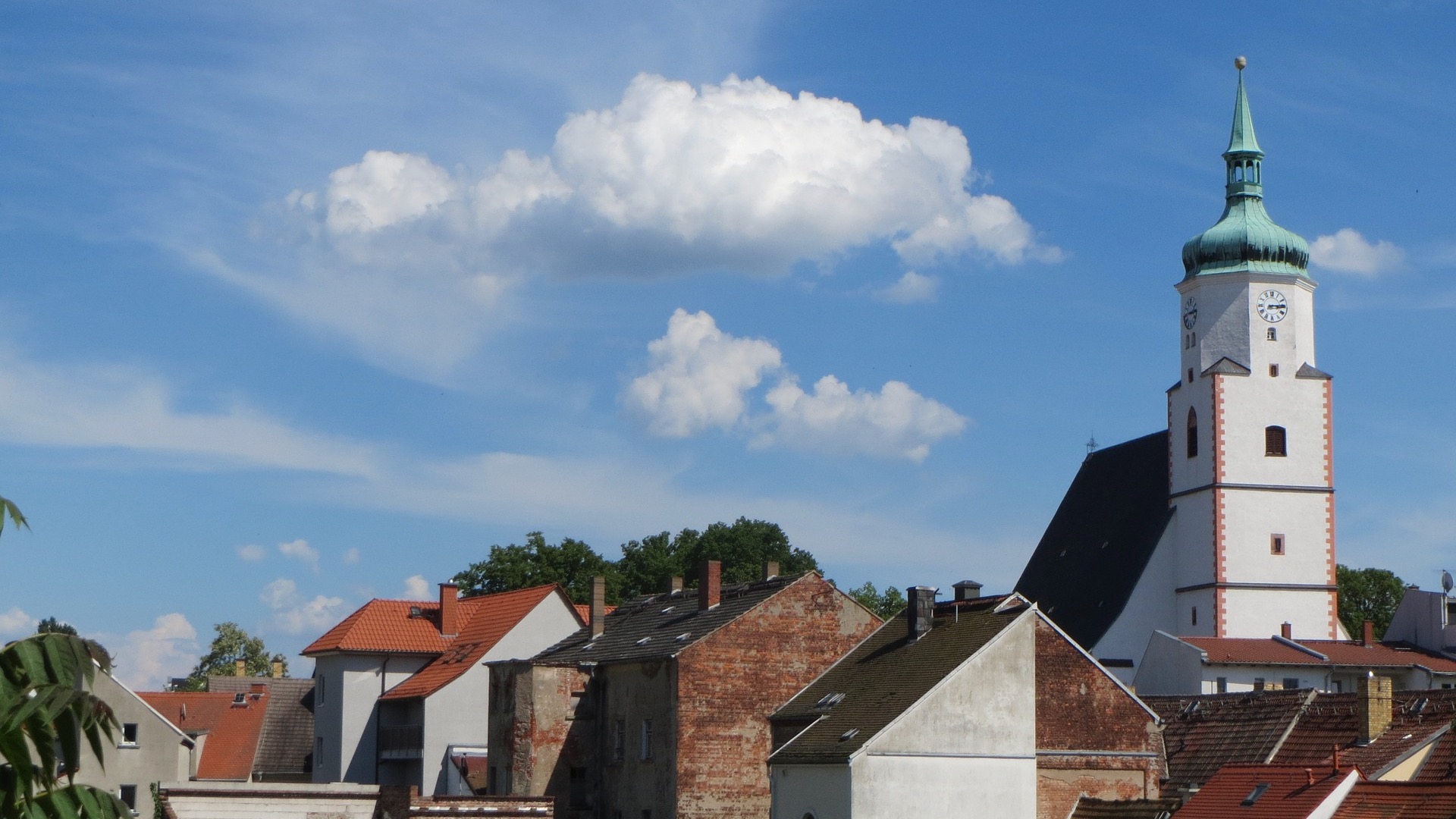
Wurzen - Civil Society Awakening on Controversial Terrain?
The town of Wurzen in Leipzig county has gained a bad reputation nationwide as a center of Saxony’s neo-Nazi scene. On the other hand, Wurzen is also a place of lively and diverse civic engagement. Using qualitative, social space–based social research, a research team at the Else Frenkel-Brunswik Institute is exploring which groups are actively trying to shape the future of the city and the local political culture, what difficulties they face, and what they can do to counter antidemocratic dynamics.
Gender democracy in the Ore Mountains
In the research project “Gender Democracy in the Ore Mountains,” regional lines of conflict and perspectives on the topics of reproductive justice and gender-specific violence are examined.
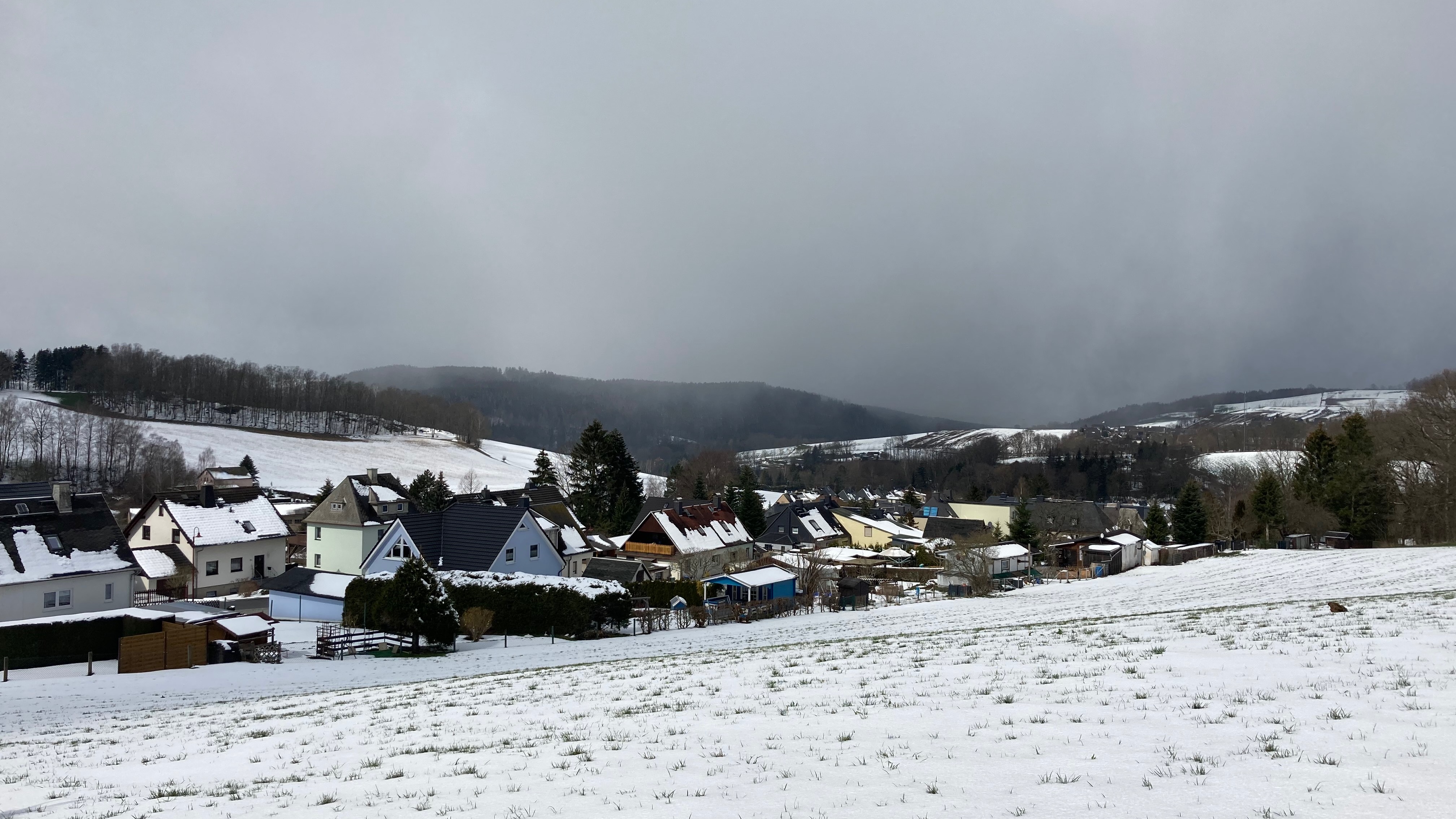
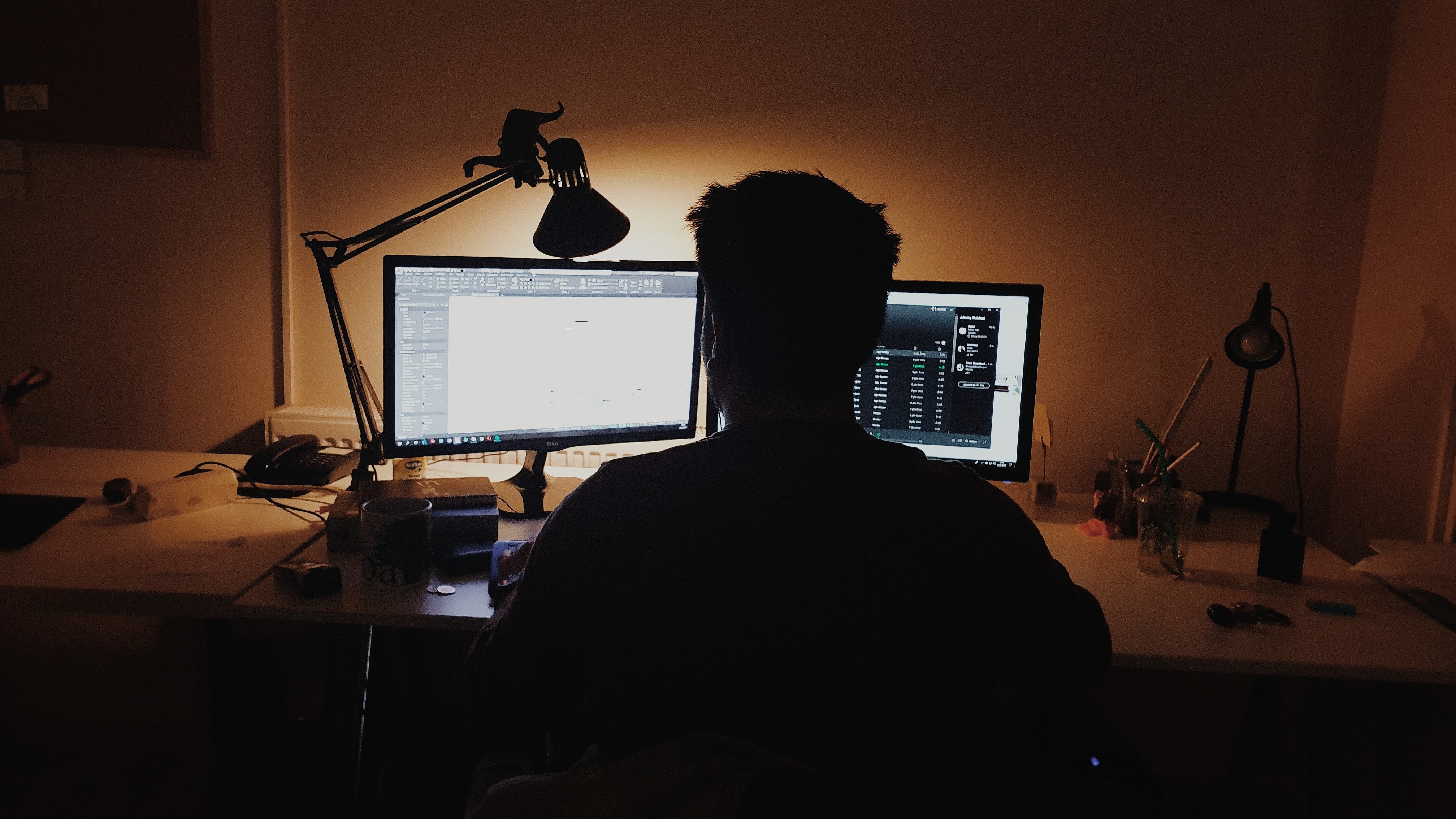
Radical Islam vs. Radical Anti-Islam (RIRA)
In the RIRA project network, social polarization and perceived threats are examined as driving factors of radicalization and coradicalization processes in adolescents and postadolescents. The youth in Leipzig, among other groups, are interviewed for this purpose.
The Berlin Monitor
The Berlin urban population is a rich pool of experiences and is considered a crucial case of a modern urban society. It is shaped by contrasts as well as similarities, by diversity, and by the struggle for participation and recognition.
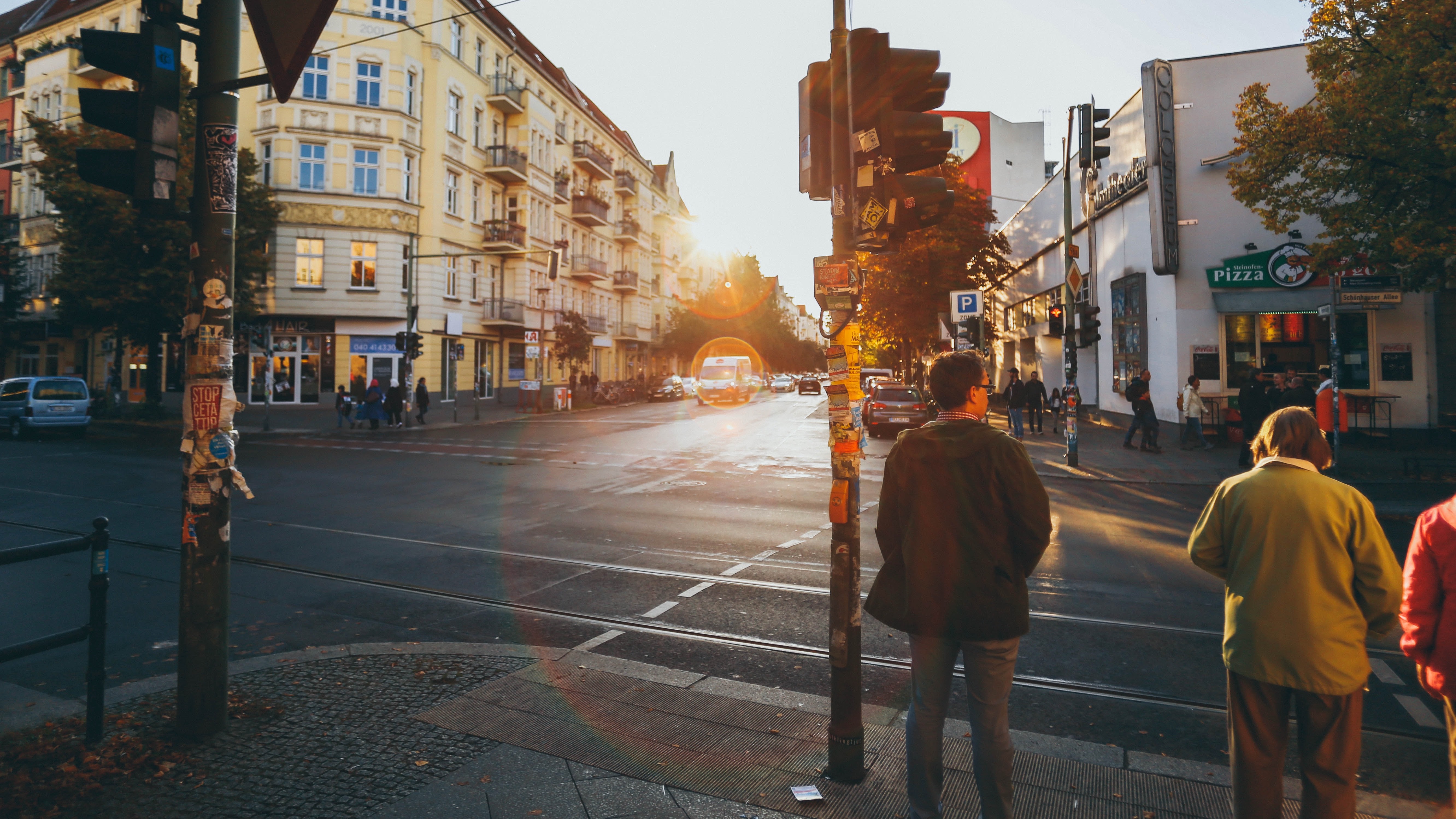
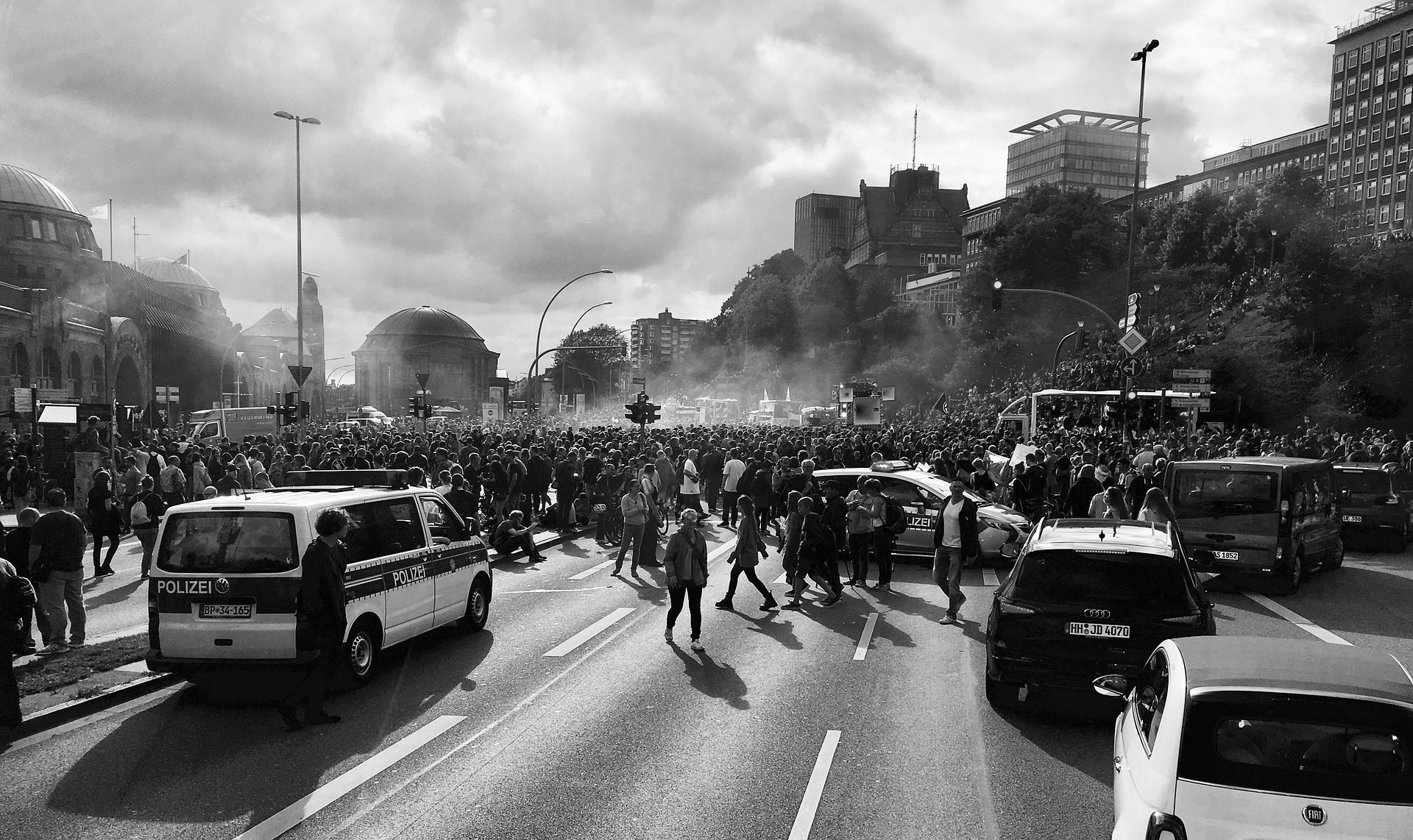
Conflict Space Hamburg: Protest, Violence and Resentment in Urban Space
The focus of this qualitatively oriented research project is the question of how social tendencies toward polarization and escalation of political and social conflicts are also reflected in urban society. To examine the dynamics of conflict and cohesion in the Hanseatic city, the G20 confrontations in 2017 and anti-Semitism are taken as examples.
Leipzig Authoritarianism Studies
Since 2002, the Leipzig working group headed by Elmar Brähler and Oliver Decker has been examining right-wing extremist attitudes in Germany. The survey, which is carried out every two years, is considered the basis for research into right-wing extremist attitudes and their penetration into broad sections of the population.
